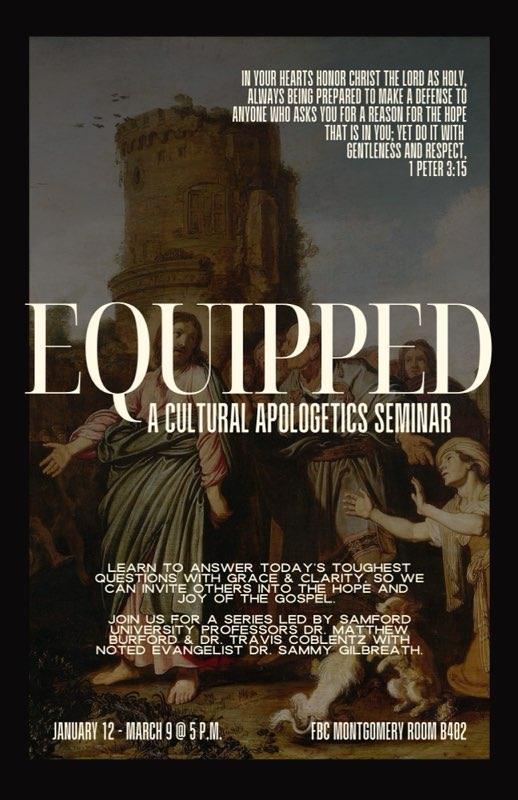
Two Stories
Our second talk was heavy on story and information, and worked to get past the surface disagreements we have with different worldviews and see the root difference. But the central idea is fairly simple: There are really only two stories that we have told ourselves.
1) The story of everything from atheism (evolution) to the Enuma Elish to Protagoras in Plato’s dialogue all tell basically the same story: Creation is not good and morality is nothing more than an adaptation to help us survive. All that we are left with is desire to gain pleasure, avoid pain, and to acquire whatever power we can to gain pleasure and avoid pain.
2) The true story of creation in the Bible: That God, who is perfectly good, created a world that is, at its root, good. Even very good. Thus, there is a way things are supposed to be—and this moral “fittingness” is tied to the very nature of our being. What is this goodness? It is manifest in the character of God, most clearly shown in Christ: Self-giving love. On the other hand, sin is opposed to our very being—it is a cancer that eats away at life, love, meaning, and drags us away from our Creator and Sustainer. Put another way: The wages of sin is death.
Often our disagreements with atheists and even those of other religions, as well as conflict over different views of sin, arise because we are talking of the God of the Bible of the second story above, but our hearers, whose eyes can only see the brokenness and wickedness of the world, interpret us as talking about a god of the first story. And so they hear us speaking of a narcissistic god, a god who merely uses people as slaves (like Marduk from the Enuma Elish), and who does not care about human suffering. In a manner of speaking, they live in a different world than us.
Our goal should not be merely to argue from the world to God, but to introduce them to “my Father’s world”—a world, that though sinful and broken, is nevertheless imbued with the goodness of God, with hope shining in the darkness, and with love that draws us toward our Savior. And perhaps the best way to do this is to live like Christ: In self-giving love that shows that the world is not really that of the first story, but of the second.
Further reading:
The book about the room of objectivity: C.S. Lewis, That Hideous Strength. If you want to read more about what Lewis is suggesting in this story, you can also read his series of talks in his short and brilliant work The Abolition of Man.
Creation story from the Protagoras (in Chrome, this link will take you directly to the creation story. If not, scroll down to, or search for, “320D” in the text.)sons” – Boa and Bowman Jr.



